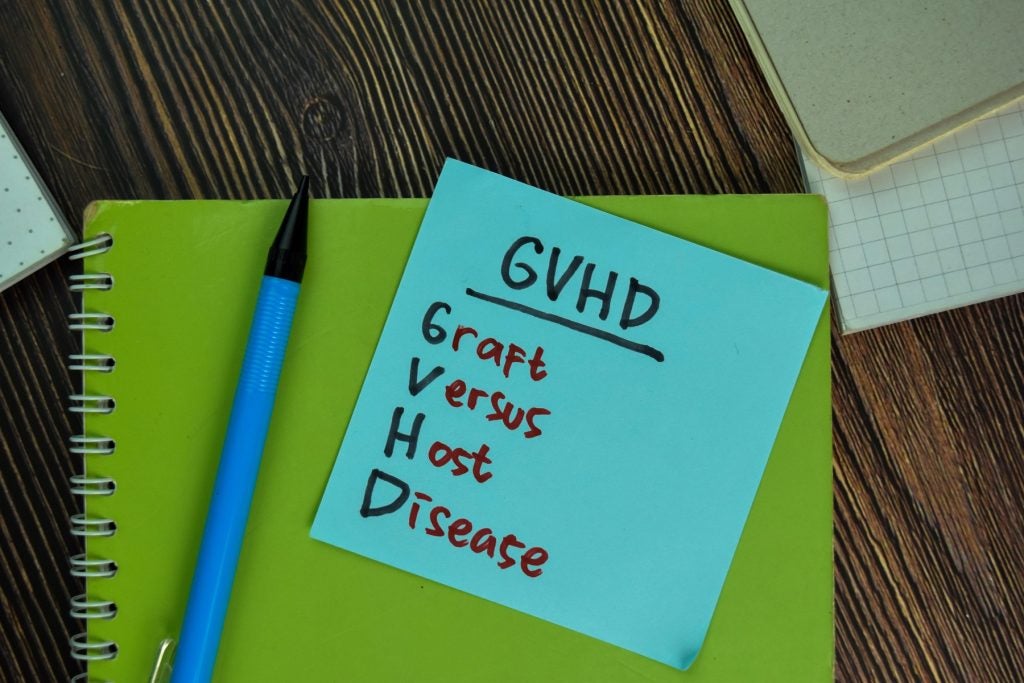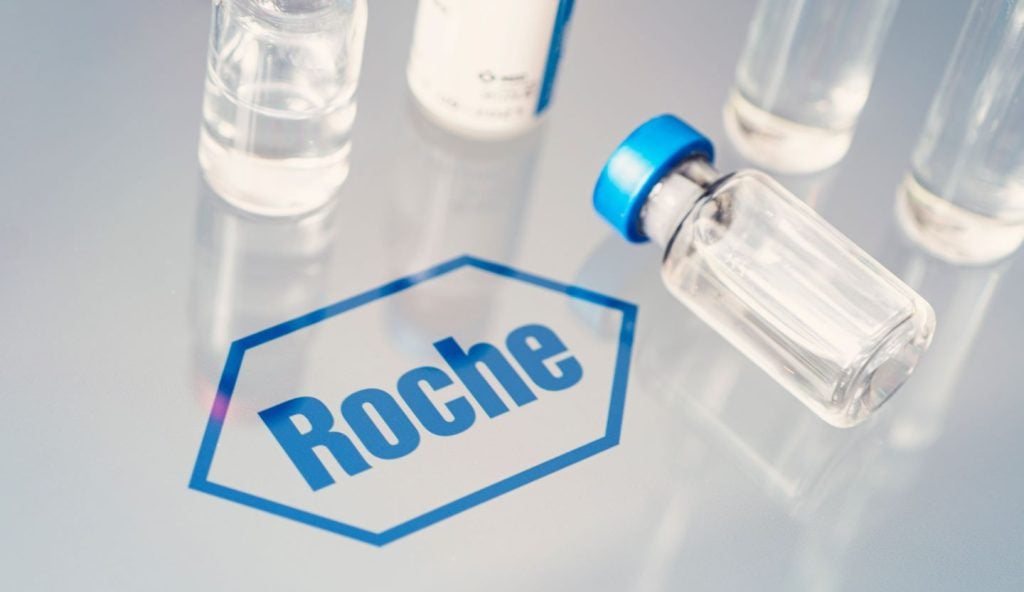
Washington University School of Medicine in St Louis (WUSTL) in the US has reported that Roche’s investigational drug, gantenerumab, lowered molecular markers of Alzheimer’s disease and hindered neurodegeneration in the brain in Phase II/III DIAN-TU trial.
However, the drug failed to show evidence of cognitive benefit.
The study analysed gantenerumab as well as Eli Lilly’s solanezumab in patients with a rare, early-onset form of Alzheimer’s called dominantly inherited Alzheimer’s disease or autosomal dominant Alzheimer’s disease.
In the trial, 52 subjects receiving gantenerumab experienced a decrease in amyloid plaques in the brain, along with reduced soluble tau and phospho-tau and a slow rise in neurofilament light chain levels in the cerebrospinal fluid.
The neurofilament light chain is a marker of neurodegeneration.
Meanwhile, gantenerumab’s safety profile was in line with that observed in previous trials, without any new safety issues.
How well do you really know your competitors?
Access the most comprehensive Company Profiles on the market, powered by GlobalData. Save hours of research. Gain competitive edge.

Thank you!
Your download email will arrive shortly
Not ready to buy yet? Download a free sample
We are confident about the unique quality of our Company Profiles. However, we want you to make the most beneficial decision for your business, so we offer a free sample that you can download by submitting the below form
By GlobalDataFurthermore, both study drugs did not prevent or slow cognitive decline in individuals who are nearly certain to develop Alzheimer’s because of genetic mutations, failing to meet the DIAN-TU study’s primary goal.
Currently, the researchers are assessing changes in measures of Alzheimer’s in subjects receiving gantenerumab in an exploratory open-label extension.
Roche and Genentech neurodegeneration global head Rachelle Doody said: “These biomarker results suggest that gantenerumab had a favourable impact on the target and downstream markers of dominantly inherited Alzheimer’s disease.
“We support the continued scientific investigation of gantenerumab in Washington University’s exploratory, open-label extension study to build on learnings from DIAN-TU-001, and are grateful to be a part of this close collaboration between industry, academia and patients as we continue to tackle the complex challenge of Alzheimer’s disease.”
WUSTL also found that dual-antibody therapies were effective against various SARS-CoV-2 variants in a new animal study.
The study analysed antibodies of Eli Lilly, Regeneron and Vir Biotechnology-GlaxoSmithKline which are currently authorised by the US Food and Drug Administration for emergency use.
It also included antibodies of AbbVie, Vir and AstraZeneca that are presently in trials.
These treatments were analysed against a panel of SARS-CoV-2 variants emerging across the globe and in the US.
The study in mice and hamsters showed no drug resistance with the combination treatments.
Furthermore, the study showed that Covid-19 therapies containing two antibodies preserved potency as a treatment for variants even when in vitro studies showed that one of them lost some or complete ability to neutralise the variant.







